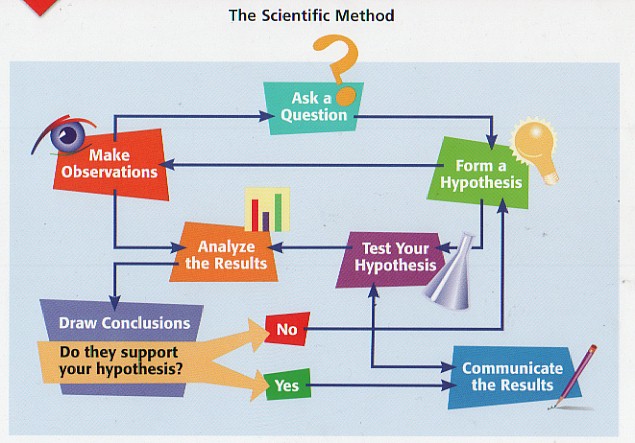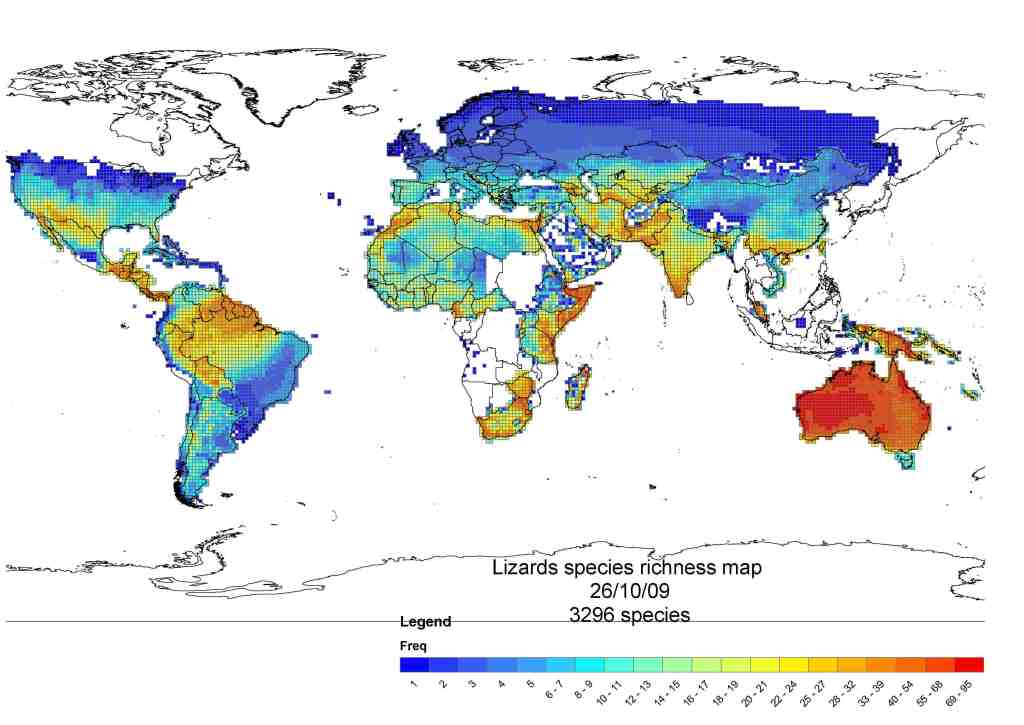You hear about evolution
frequently in the media today. Recent court cases about teaching
of evolution and intelligent design keep the topic in the
spotlight. Through your coursework and discussions, you are
beginning to understand the nature of science and how scientific evidence forms the basis for the theory of evolution. Most students, when asked about evidence for
evolution, are aware of fossils and genetic studies on mutations.
There are many other lines of evidence for evolution, ranging from the level of molecules to the distribution of species across the planet. Much of our knowledge about evolution has been obtained using the same basic process of scientific inquiry which you are using in your own research projects.
 Today you will build on the ideas and knowledge which you are assimilating as you proceed through the course. You learned how to distinguish between scientific and non-scientific ideas and publications and practiced critically evaluating scientific claims. You discussed ideas about the types of scientific evidence which scientists must have examined when making claims such as 'The earth is 4.5 billion years old.' You read about evolution and the types of evidence upon which it is based. Importantly, you practiced making observations of animal behavior and posing scientific questions based on those observations, stated and tested a hypothesis designed to investigate your research question, analyzed your results, and drew conclusions that were substantiated by the evidence which you collected in your study. You will apply your knowledge and skills here, using real data to learn more about evolution and how bioloigsts use the process of scientific inquiry to evaluate evidence and test hypotheses that are related to evolution. Today you will build on the ideas and knowledge which you are assimilating as you proceed through the course. You learned how to distinguish between scientific and non-scientific ideas and publications and practiced critically evaluating scientific claims. You discussed ideas about the types of scientific evidence which scientists must have examined when making claims such as 'The earth is 4.5 billion years old.' You read about evolution and the types of evidence upon which it is based. Importantly, you practiced making observations of animal behavior and posing scientific questions based on those observations, stated and tested a hypothesis designed to investigate your research question, analyzed your results, and drew conclusions that were substantiated by the evidence which you collected in your study. You will apply your knowledge and skills here, using real data to learn more about evolution and how bioloigsts use the process of scientific inquiry to evaluate evidence and test hypotheses that are related to evolution.
|
 Today you will build on the ideas and knowledge which you are assimilating as you proceed through the course. You learned how to distinguish between scientific and non-scientific ideas and publications and practiced critically evaluating scientific claims. You discussed ideas about the types of scientific evidence which scientists must have examined when making claims such as 'The earth is 4.5 billion years old.' You read about evolution and the types of evidence upon which it is based. Importantly, you practiced making observations of animal behavior and posing scientific questions based on those observations, stated and tested a hypothesis designed to investigate your research question, analyzed your results, and drew conclusions that were substantiated by the evidence which you collected in your study. You will apply your knowledge and skills here, using real data to learn more about evolution and how bioloigsts use the process of scientific inquiry to evaluate evidence and test hypotheses that are related to evolution.
Today you will build on the ideas and knowledge which you are assimilating as you proceed through the course. You learned how to distinguish between scientific and non-scientific ideas and publications and practiced critically evaluating scientific claims. You discussed ideas about the types of scientific evidence which scientists must have examined when making claims such as 'The earth is 4.5 billion years old.' You read about evolution and the types of evidence upon which it is based. Importantly, you practiced making observations of animal behavior and posing scientific questions based on those observations, stated and tested a hypothesis designed to investigate your research question, analyzed your results, and drew conclusions that were substantiated by the evidence which you collected in your study. You will apply your knowledge and skills here, using real data to learn more about evolution and how bioloigsts use the process of scientific inquiry to evaluate evidence and test hypotheses that are related to evolution.